What’s the Buzz
The Bee Healthy Blog
How Much Aspirin Can I Take Safely?

Aspirin belongs to a group of medications called nonsteroidal anti-inflammatory drugs (NSAIDs). It’s been around for more than 100 years and is one of the most commonly used pain relievers and fever reducers. Some people take a baby aspirin (low-dose 81 mg aspirin) every day to prevent heart attack and stroke. However, inappropriate use of aspirin can put you at risk of serious bleeding.
Please continue reading to learn how much aspirin is safe to take and whether you should take a daily aspirin dose to reduce your risk of cardiovascular disease.
Always talk to your doctor before taking aspirin. The following health tips should be used to provide you with foundational knowledge of aspirin therapy so you can ask the right questions when you talk to your doctor.
What is aspirin?
Aspirin (acetylsalicylic acid) is a nonsteroidal anti-inflammatory drug (NSAID). It is a pain reducer available over-the-counter (OTC) or with a prescription.
Aspirin works by blocking the formation of natural substances in the body that cause pain, fever, inflammation, and blood clots.
What is aspirin used for?
Non-prescription aspirin is commonly used to relieve fever and mild to moderate pain such as toothache, headache, muscle ache, menstrual cramps, and mild arthritis.
Prescription aspirin is used to relieve osteoarthritis, rheumatoid arthritis, lupus, and pain and swelling associated with other rheumatologic conditions.
Daily low-dose aspirin (81 mg) is used in combination with other medications to prevent heart attacks and strokes. It can also help prevent transient ischemic attacks (TIAs or mini-strokes) and ischemic strokes (this type of stroke occurs when a blood clot blocks blood flow to a part of the brain). However, aspirin does not prevent hemorrhagic strokes (this type of stroke is caused by bleeding in the brain).
What is the typical dosage of aspirin?
Depending on the indication, the dosage of aspirin varies. For example, the typical aspirin dose for fever reduction is 325 to 650 mg every 4 to 6 hours as needed. For minor aches and pain, the aspirin dose is 325 to 650 mg every 4 hours. The same concept is applied to the max dose of aspirin; the maximum dose depends on the indication. However, the absolute maximum dose of aspirin is 4 g every 24 hours.
Low-dose aspirin is between 75 and 100mg, though aspirin 81 mg is the most commonly used dose; It is taken once daily to prevent heart attacks or strokes.
Your doctor can guide you on the most appropriate aspirin based on your medical needs.
Different dosage forms of aspirin include powder, rectal suppository, chewable, or delayed-release oral tablet. Enteric-coated aspirin does not dissolve immediately in the stomach; therefore, this form of aspirin causes fewer gastrointestinal adverse effects such as nausea and stomach upset.
Warning: Always consult a doctor before giving aspirin to a child or teenager. Aspirin can cause a rare but serious condition called Reye’s syndrome which can cause brain swelling, confusion, and liver damage. Reye’s syndrome, also known as Reye-Johnson syndrome, can occur in children or teenagers, especially those recovering from a viral infection such as the flu or chickenpox.
What are the risks of aspirin therapy?
Aspirin is an effective pain reliever and fever reducer. In addition to that, aspirin’s anti-clotting effects, patients taking aspirin have a lower risk of heart attack or stroke. But like all medications, aspirin carries some risks, including:
- Aspirin increases bleeding risk in the GI (gastrointestinal) tract and stomach ulcers
- Aspirin increases bleeding risk in the brain during a hemorrhagic stroke
- Aspirin can cause Reye’s syndrome in teenagers and children
Besides these serious side effects, aspirin can cause nausea, vomiting, stomachache, heartburn, and ringing in the ears.
Who can benefit from aspirin therapy?
Aspirin can benefit people with a history of cardiovascular diseases such as angina (chest pain), atherosclerosis (hardening of the arteries), congenital heart disease, and transient ischemic attack (TIA). Aspirin is also prescribed for those who have had heart attacks or ischemic strokes. In addition to that, aspirin is also used to prevent coronary events in high-risk patients such as those with high blood pressure, high cholesterol, diabetes, and other coronary diseases.
Who should not take aspirin?
The following individuals should not take aspirin without talking to a healthcare professional:
- Children under 18 years of age
- Pregnant women or women who are breastfeeding
- Heavy alcohol drinkers
- People who have a bleeding disorder
- People with upcoming surgical or dental procedures
- People taking other NSAIDs
- People with an aspirin allergy
How should I take aspirin?
- To prevent stomach upset, take it with food or snacks; avoid taking aspirin on an empty stomach.
- Do not crush, break, or chew the enteric-coat tablets.
- Do not drink alcohol while taking aspirin, as this can increase the risk of stomach bleeding.
- Many medicines for pain relief and cold and flu remedies contain aspirin. Make sure you do not exceed the total daily maximum dose of aspirin combined from all medicines.
- Tell your doctors you are taking aspirin before any emergency treatment, planned surgery, or dental work. You may need to stop taking aspirin temporarily prior to or following procedures, but your doctor should inform you if it is necessary.
Call 911 if you are experiencing symptoms of a heart attack. There are certain scenarios where aspirin therapy can be effective if taken within 30 minutes of symptom onset. However, you should not take aspirin if you have symptoms of a stroke.
Should I take daily aspirin to prevent heart attack or stroke?
Daily low-dose aspirin can help prevent clotting, which is a common cause of heart attacks and ischemic strokes, yet aspirin can increase the risk of major bleeding in the gastrointestinal tract and brain. Therefore, low doses of aspirin are not suitable for everyone, such as individuals with clotting disorders or a severe history of bleeds.
Your doctor will discuss with you your risk/severity of cardiovascular disease in comparison to your risk of bleeding. The decision on aspirin use will be made by weighing your specific medical presentation. There are two approaches to preventing cardiovascular disease; primary and secondary prevention. Primary prevention refers to people who have never had a cardiovascular event, such as but not limited to heart attack or stroke. Secondary prevention refers to people who have had previous cardiovascular events.
There is no question that taking a low-dose daily aspirin is helpful for secondary prevention since Aspirin is known to lower the risk of heart attack and clot-related stroke in patients with cardiovascular disease and those who have had a prior heart attack or stroke.
Given that there are so many factors to consider, your health professional can help you make the best choice of whether aspirin of any dose is necessary for you.
References:
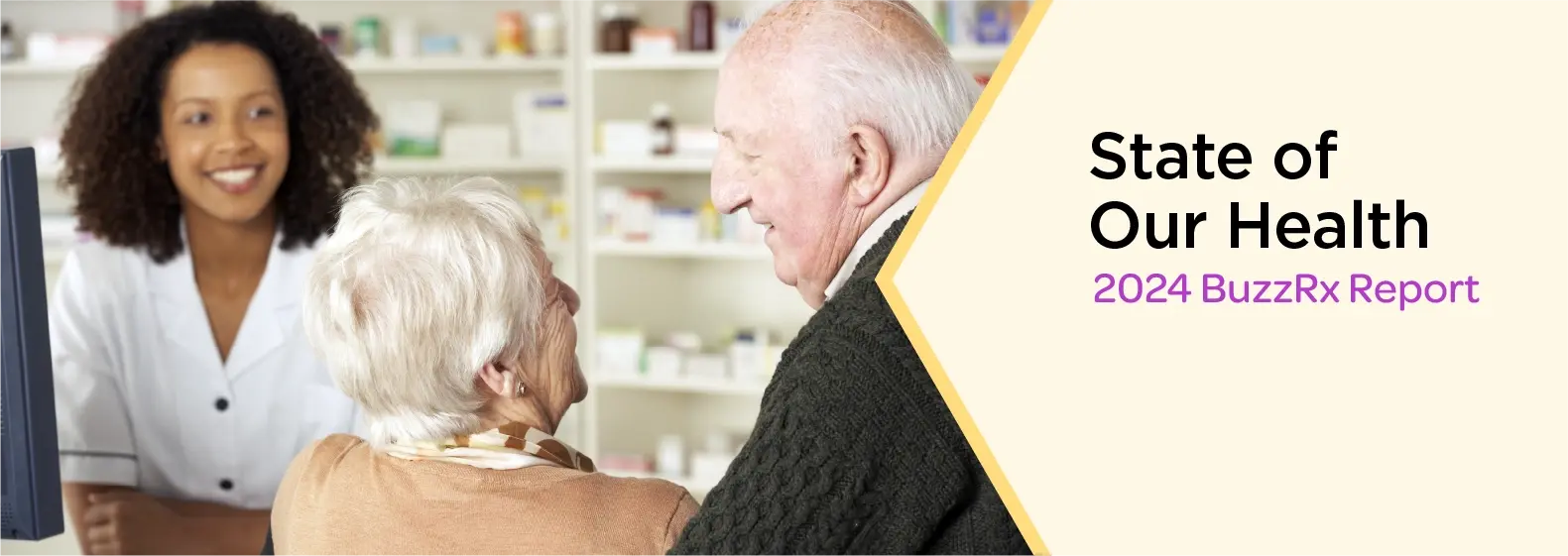
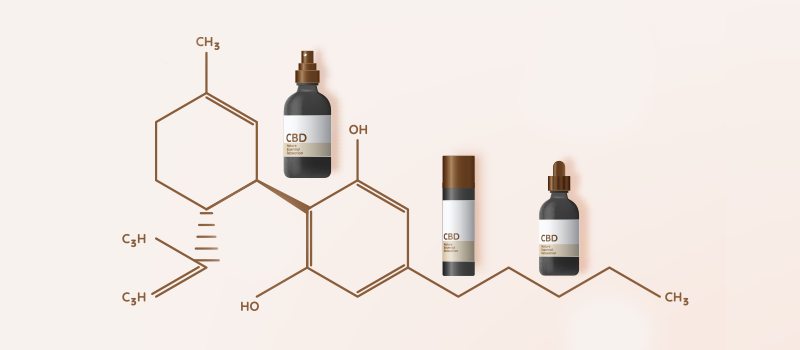

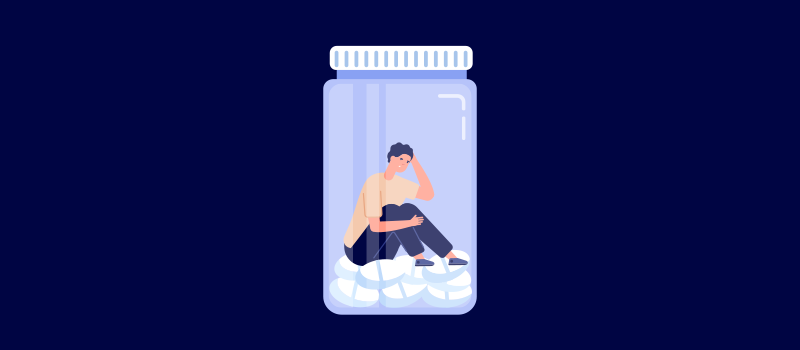




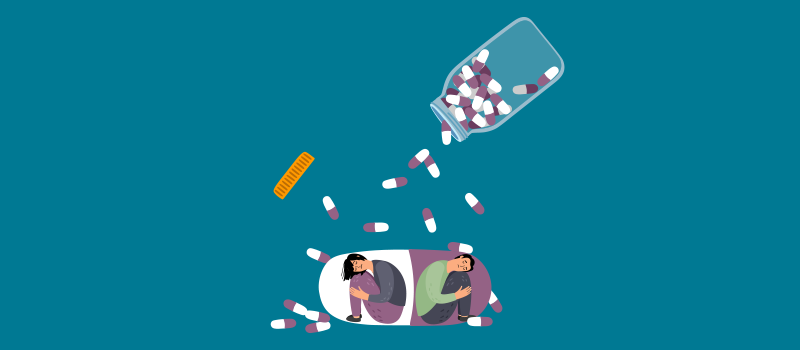

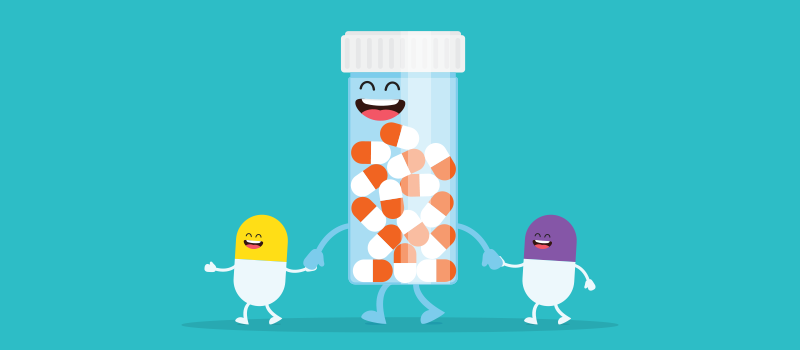

SOCIAL